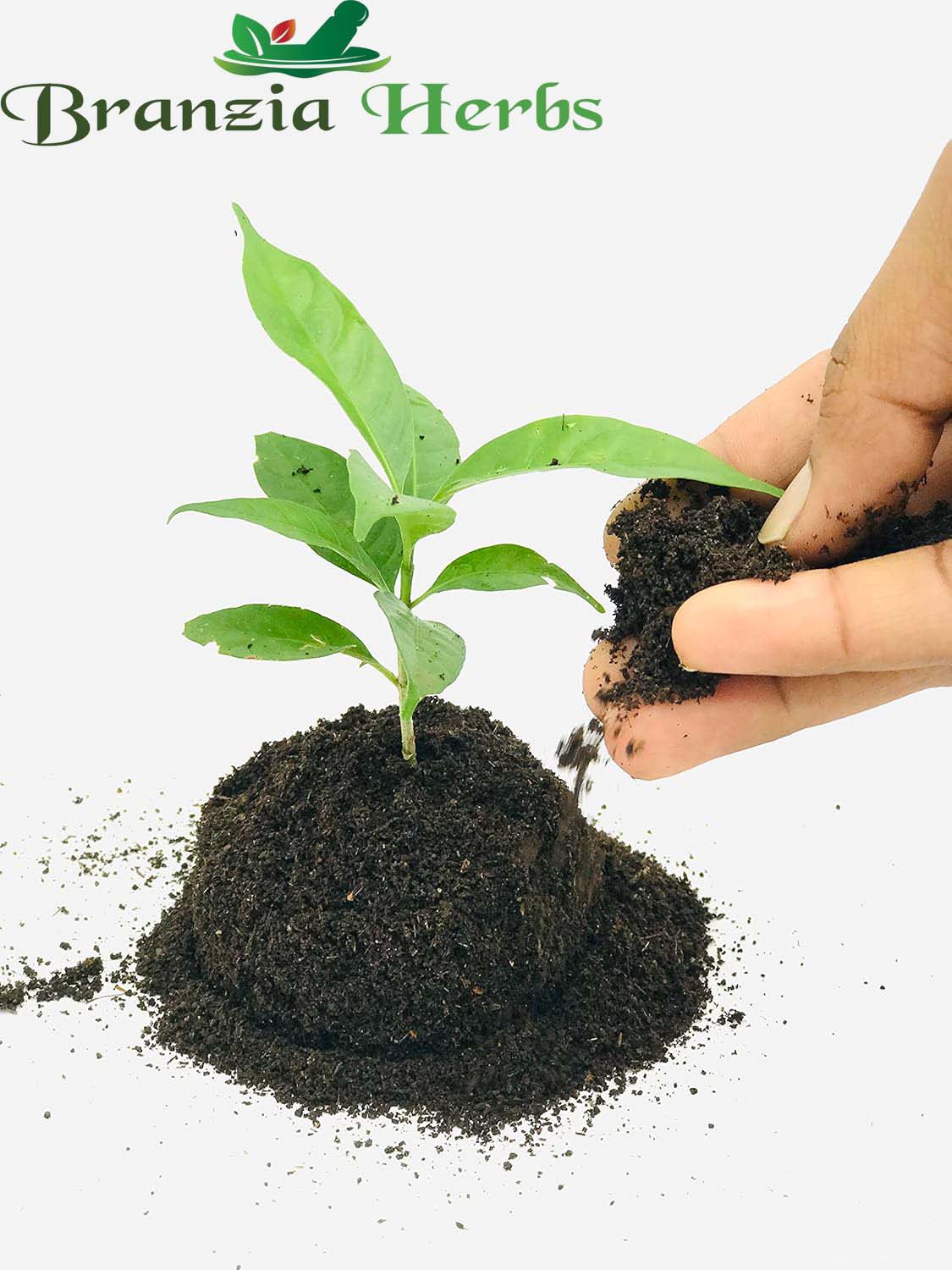Reetha, also known as Soap Berry, Soap Nut, or scientifically as Sapindus mukorossi, is a tree native to tropical and subtropical regions of Asia. The seeds of this tree are highly valued for their natural saponin content, which makes them useful as a natural detergent and in traditional medicine. Here’s a comprehensive guide to Reetha seeds, including their characteristics, benefits, and planting care:
Characteristics
-
Appearance:
-
Seeds: Reetha seeds are round, hard, and dark brown or black. They are found inside the fruit, which is a small, round, and typically brownish or yellowish berry.
-
Fruit: The fruit, also known as a soap nut, is a drupe that contains 1-5 seeds. When mature, the fruit dries and becomes a hard, brittle shell.
-
Tree Size:
-
Height: The Reetha tree can grow up to 30-50 feet (9-15 meters) tall.
-
Canopy: It has a broad, spreading canopy with pinnate leaves and small, yellowish-white flowers.
Benefits
-
Culinary and Household Uses:
-
Natural Detergent: The saponins in Reetha seeds produce a soapy lather when mixed with water, making them an effective natural cleaner for laundry and dishes. They are used in traditional soap-making and as a gentle alternative to chemical detergents.
-
Hair and Skin Care: Reetha is often used in shampoos and skincare products for its cleansing and foaming properties. It is believed to help with scalp conditions and promote hair health.
-
Medicinal Uses:
-
Traditional Medicine: In traditional medicine, Reetha seeds are used for various purposes, including as a treatment for digestive issues and as an anti-parasitic. The seeds are also believed to have antimicrobial and anti-inflammatory properties.
-
Ecological Benefits:
-
Soil Improvement: The Reetha tree can improve soil fertility and prevent erosion with its extensive root system.
-
Wildlife Habitat: Provides habitat and food for various wildlife species, including birds and insects.
Planting Reetha Seeds
-
Preparation:
-
Seed Treatment: Reetha seeds have a hard outer shell that may benefit from scarification to improve germination. This can be done by lightly sanding or nicking the seed coat. Alternatively, soaking the seeds in water for 24-48 hours before planting can aid in germination.
-
Timing:
-
Optimal Season: Plant seeds in the spring or early summer when temperatures are warm and conditions are favorable for growth.
-
Soil and Location:
-
Soil Type: Prefers well-drained, loamy soil but can adapt to a range of soil types. Ensure good drainage to prevent waterlogging.
-
Location: Choose a sunny location with full sun exposure. Reetha trees thrive in tropical and subtropical climates.
-
Planting:
-
Sowing Seeds: Plant seeds about 1 inch (2.5 cm) deep in the soil. Space seeds or seedlings about 15-20 feet (4.5-6 meters) apart to accommodate the mature tree size.
-
Germination: Seeds typically germinate within 3-6 weeks. Keep the soil consistently moist during this period.
-
Watering:
-
Initial Care: Water regularly to keep the soil moist but not waterlogged until the seedlings are established.
-
Ongoing Care: Once established, Reetha trees are relatively drought-tolerant but will benefit from occasional watering during dry periods.
-
Fertilizing:
-
Nutrients: Fertilize with a balanced fertilizer during the growing season to support healthy growth. Organic compost or well-rotted manure can also be beneficial.
Care and Maintenance
-
Pruning:
-
Trimming: Prune young trees to shape them and remove any dead or damaged branches. Regular pruning helps maintain the tree’s structure and health.
-
Pest and Disease Management:
-
Monitoring: Reetha trees are generally resistant to pests and diseases but should be monitored for common issues such as fungal infections or pest infestations.
-
Control: Use appropriate treatments if problems arise, following local guidelines.
-
Protection:
-
Young Trees: Protect young trees from extreme weather conditions and pests until they are well-established.
Environmental Considerations
-
Invasiveness: Reetha trees are not typically invasive but can spread aggressively in some areas. Monitor their growth to ensure they do not outcompete native vegetation.
Summary
Reetha (Sapindus mukorossi) seeds offer a range of benefits, including natural cleaning properties, traditional medicinal uses, and ecological advantages. The tree is valued for its practical applications in household cleaning and skincare, as well as its role in soil improvement and wildlife habitat. By following proper planting and care guidelines, you can successfully grow Reetha trees and enjoy their various advantages in tropical and subtropical environments.







